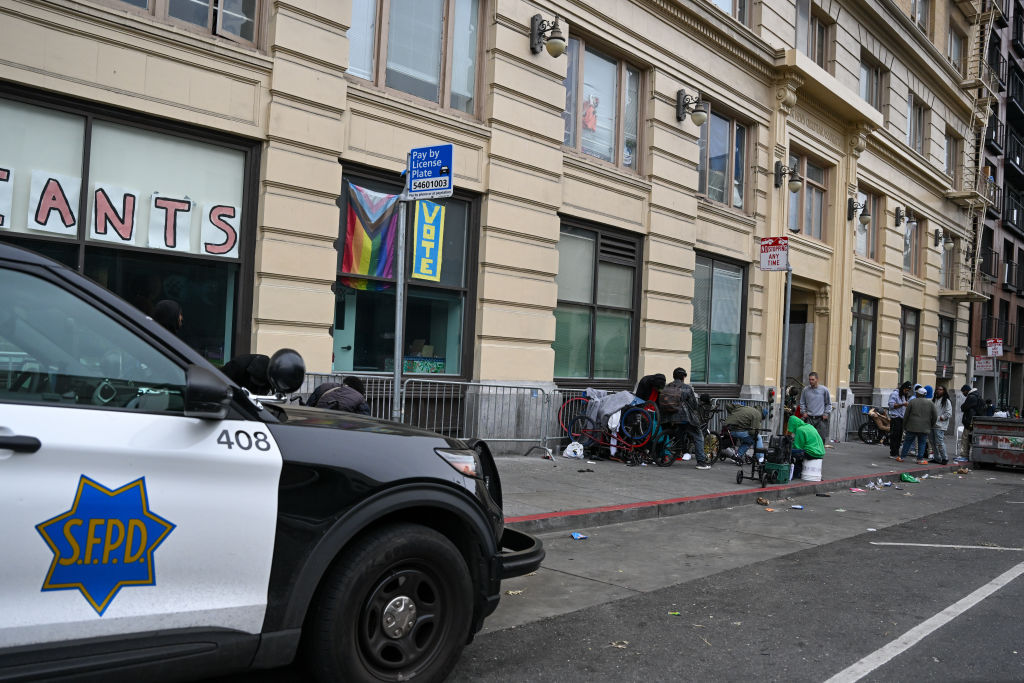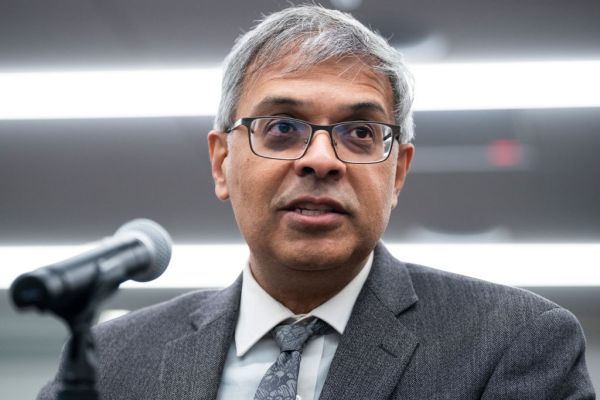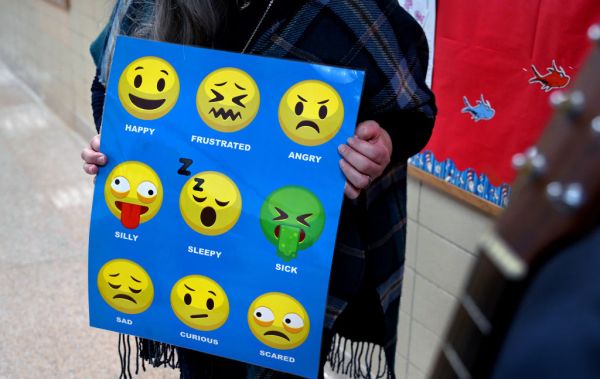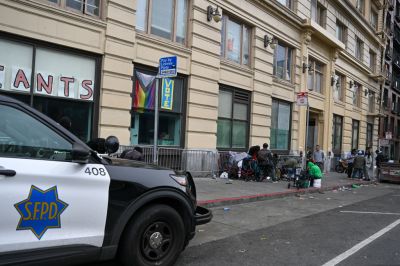The idea of “lived experience” exerts wide sway across many areas of social policymaking today, from homelessness to mental illness to addiction. Those crises have deepened in recent years, even as lived experience’s influence has continued to grow.
Task forces, nonprofit boards, conferences, and congressional committee hearings frequently reserve slots for people in recovery, formerly incarcerated or homeless individuals, and “consumer survivors” of psychiatric care. Federal agencies request that grant applicants include people with lived experience in decision-making. Even the Department of Justice solicits people with lived experience for service as grant application reviewers. “Nothing about us without us” is the rallying cry of the disability rights movement.
The premise behind using “lived experience” as a policy approach is that social programs fail when they don’t listen enough to their beneficiaries. To many, that idea will come across as innocuous. “Prison abolition” and “defund the police” are dangerous but frank ideas. When we debate them, we know the stakes. Lived experience is more subtly fraudulent. It tends to elude critical analysis, but its influence comes at a cost. It promotes divisiveness in social policy debates and counterproductive individualism in the design of social programs.
To begin, lived experience runs into empirical problems. Social scientists must abide by the replicability principle, which holds that any approach to a problem must produce consistent results to be considered “evidence-based.” The replicability principle ensures maximum rigor for findings in experimental results, but lived experience cannot meet the replicability standard. After all, humans respond differently to adversity.
Some people are more resilient than others. Some discover resilience only after numerous cycles of relapse. Some addicts say that getting arrested set them straight; others say that arrest accelerated their downward spiral. When evaluating the appropriateness of parole, a convicted murderer who has served decades of hard time will often bring his experience to bear in a directly opposite way than the family members of the victim after decades of trauma. Developing coherent policy lessons from experience thus requires recourse to a plane other than experience.
Proponents of lived experience claim that “no one size fits all” in social programs, but more custom-tailored service systems are not always more effective. When you take the time to ask them, for example, some mentally disabled Americans will say that they prefer institutional living (which disability rights groups try to explain away as false consciousness). This selective application of the concept—“lived experience for me, but not for thee”—reveals its limits.
Moreover, public systems require a degree of simplicity to be navigable. That’s especially so when they serve people with serious mental illness. “Fragmentation” is the classic criticism of public mental health in America. The more programs a government has on offer, the more confusing a system will become, and the less it will deserve to be called a “system.”
And fetishizing individualism in the crafting of social policy conflicts with the harsh reality that a successful health and human services system cannot be absolutely deferential to human autonomy. Too much deference to autonomy leads to abandonment, as attested by the streets of San Francisco and subways of New York. All of us have benefited from coercion. All of us have, at times, been dissuaded from a mistaken course of action by authority figures who applied force to redirect us toward better behavior whose benefit we did not initially appreciate. We should thus all be sympathetic, at least in principle, to the use of coercion to benefit schizophrenic people—even if we ourselves have no lived experience of schizophrenia. With behavioral health disorders, motivation for recovery can be an effect of treatment. It need not always be the cause.
One philosophical lesson we seem to have forgotten amid the advance of lived experience is the elusiveness of self-knowledge. Yes, each of us, as individuals, has unique access to ourselves. But by the same token, each of us also has a unique attachment to ourselves. Self-love enables cloudy thinking. Say what you will about the pioneer of psychology Sigmund Freud—he had no truck with the idea that self-knowledge can be cheaply bought. Freud taught that we are naturally strangers to ourselves and that overcoming that condition required long, probing, often painful self-explorations. Self-knowledge is not our birthright, and we are constantly dishonest with ourselves. But a reflexive deference toward the lived experience of others can’t account for the possibility of their self-deception.
Plus, deferring too much to lived experience makes it hard to develop “lived expertise.” Good clinicians and social workers help people make better decisions. Such professionals use nudges and incentives to run programs in a space set between abandonment and physical coercion. Examples include drug courts and “contingency management” addiction programs, which pay addicts to stay sober. All effective clinicians recognize that there are such things as too much empathy and insufficient reserve. The psychiatrist-blogger Scott Alexander has written about how doctors and their patients will sometimes diverge in their opinions of how recovery is going because the former must go by “outward signs” whereas the latter emphasize “internal feelings.” “It is pretty universally believed that doctors spot signs of recovery in patients long before the patients themselves think they are recovering,” Alexander writes.
We’d have better social policy debates if we took more care to keep lived experience in check. One way to do so would be to make more of an effort to invoke narratives of overcoming and restraint to counter those of trauma and autonomy. We need to give more power to psychiatrists and other service providers with “lived expertise.” We need to restore a sense of proportionality to subjectivity, which is now being asked to bear more weight than it can support.
Addiction, homelessness, and mental illness are urgent problems that require a public and therefore collective response. But any debate over what to do can’t be on the level if one side has no personal experience of the problem in question while the other side does and thereby insists only its position is legitimate.






Please note that we at The Dispatch hold ourselves, our work, and our commenters to a higher standard than other places on the internet. We welcome comments that foster genuine debate or discussion—including comments critical of us or our work—but responses that include ad hominem attacks on fellow Dispatch members or are intended to stoke fear and anger may be moderated.
With your membership, you only have the ability to comment on The Morning Dispatch articles. Consider upgrading to join the conversation everywhere.